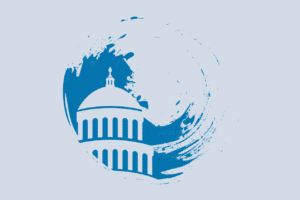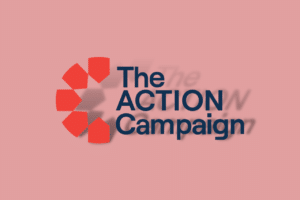Congress

Senate Banking Hearing: Oversight of Housing Regulators
The Senate Banking Committee held a hearing on June 9 entitled Oversight of Housing Regulators. The witnesses included HUD Secretary Benjamin Carson and Federal Housing Finance Agency Director Mark Calabria.

Updated Four Percent LIHTC Factsheets
The ACTION Campaign developed a fact sheet showing the nationwide impact of the four percent LIHTC, as well as state-specific fact sheets for 21 states and the District of Columbia, which would most benefit from a minimum four percent LIHTC rate.

67 U.S. Mayors Join ACTION Campaign Letter to Congress
Sixty-seven mayors representing communities across 28 states and the District of Columbia, joined a letter urging Congress to include provisions that support the LIHTC in the next Coronavirus response package.

House Democrats Introduce $1 Trillion HEROES Act
On Tuesday, House Democrats unveiled the Health and Economic Recovery Omnibus Emergency Solutions Act (HEROES Act) and summary. While the House is expected to vote on the $3 trillion bill on Friday, it is unlikely to become law, at least not in its current form. The bill is largely a messaging document that lays the groundwork for negotiations with the Senate and Republicans.

House and Senate Introduce Emergency Rental Assistance and Rental Market Stabilization Act
Senate Banking, Housing and Urban Affairs Committee Ranking Member Sherrod Brown (D-OH) and 25 co-sponsors introduced the Emergency Rental Assistance and Rental Market Stabilization Act, which would provide $100 billion in emergency rental assistance.

ACTION Campaign Sends Letter to Congressional Leadership
The ACTION Campaign, of which NH&RA is a steering committee member, sent a letter to congressional leadership calling for our Housing Credit priorities. The letter calls for enacting a minimum four percent LIHTC rate and lowering the 50 percent test for bond financed transactions.

Senate to Return Next Week; House Remains in Recess
Senate Majority Leader Mitch McConnell (R-KY) announced that the Senate will be in session on May 4. The House announced it would return from recess only to reverse course after conflicting advice from the Capitol physician and an outcry from members. In the next Coronavirus relief package, Leader McConnell will push for liability protections for […]

Senate Passes Coronavirus Aid Package 3.5
Yesterday the Senate passed by voice vote the Paycheck Protection Program and Health Care Enhancement Act (H.R. 266), which appropriates an additional $321 billion to the Payment Protection Program, $60 billion for loans and grants for economic disaster assistance, $75 billion for hospitals and $25 billion for testing. The House is expected to pass the bill on Thursday by allowing members to vote by proxy, in which a member could designate a colleague to vote on their behalf.

New House Bill Would Extend OZ Provisions
Congressman Denver Riggleman (R-VA) introduced The Opportunity Zone Extension Act (H.R. 6513) that would extend the Opportunity Zone (OZ) tax incentive from 2026 to 2030, giving more time and benefits for investors.

HUD Releases FY 2020 Income Limits
HUD released the median family incomes and income limits for Fiscal Year (FY) 2020. Median incomes are used as the basis for income limits in several HUD programs, including the Public Housing, Section 8 Housing Choice and Project-Based Voucher, Section 202 housing for the elderly and Section 811 housing for persons with disabilities programs.

OCC, FDIC Plan to Advance CRA Reform Despite Calls to Halt Rulemaking
The Comptroller of the Currency Joseph Otting released a statement a day after the comment period closed on OCC and FDIC’s joint CRA proposed rule, stated the two U.S. banking regulators will consider the submitted comments in working toward issuing a final rule during the first half of this year.

Third Coronavirus Package Enacted, Negotiations Begin on Fourth Package
The $2.2 trillion Coronavirus Aid, Relief, and Economic Security Act (CARES Act), H.R. 748, was passed by the House by a voice vote and signed by President Trump on March 27. The House and Senate are both out until April 20, but work has already begun on drafting a fourth Coronavirus aid package. The package is likely to include funding for health systems, frontline healthcare workers, infrastructure, state and local governments and rebates to families and individuals.